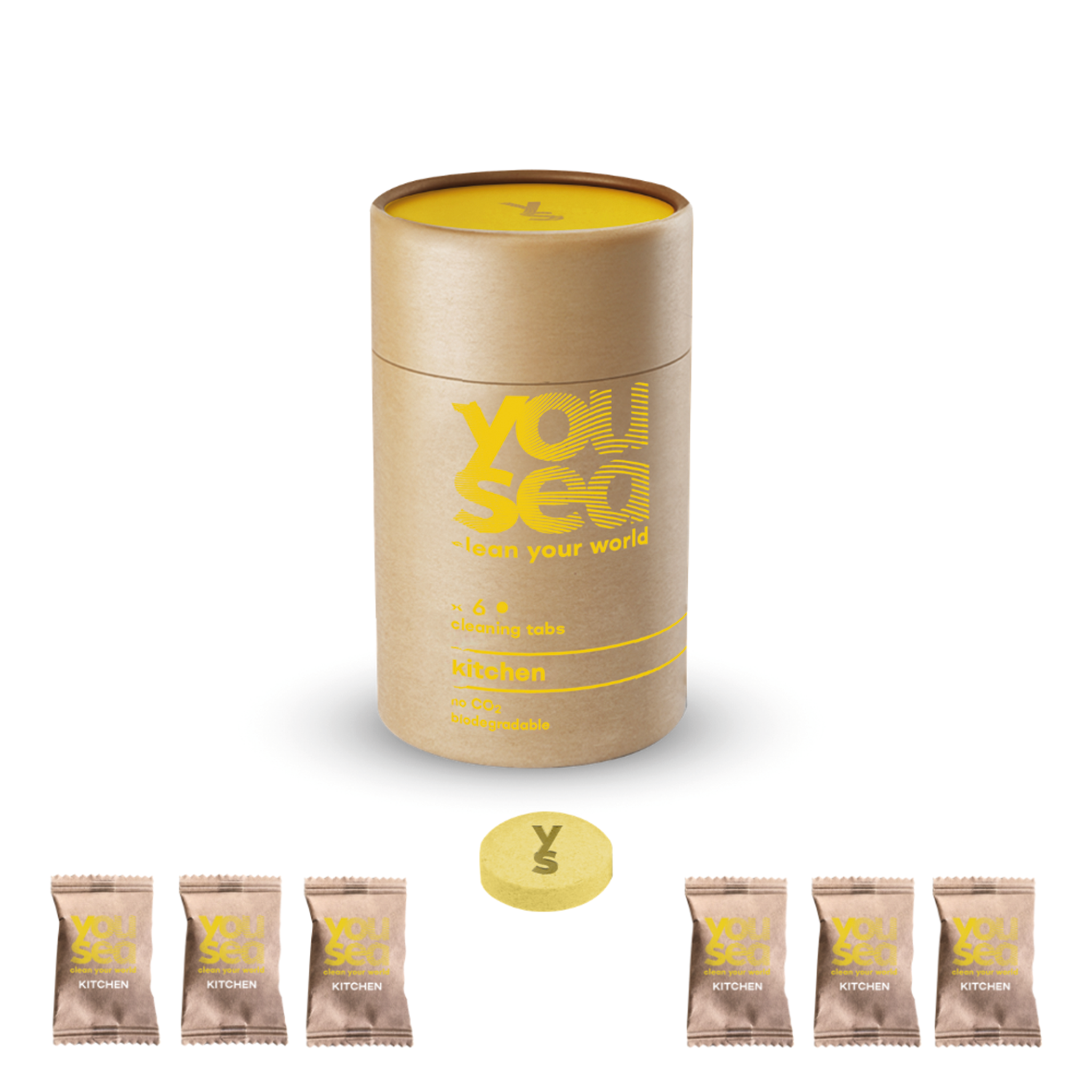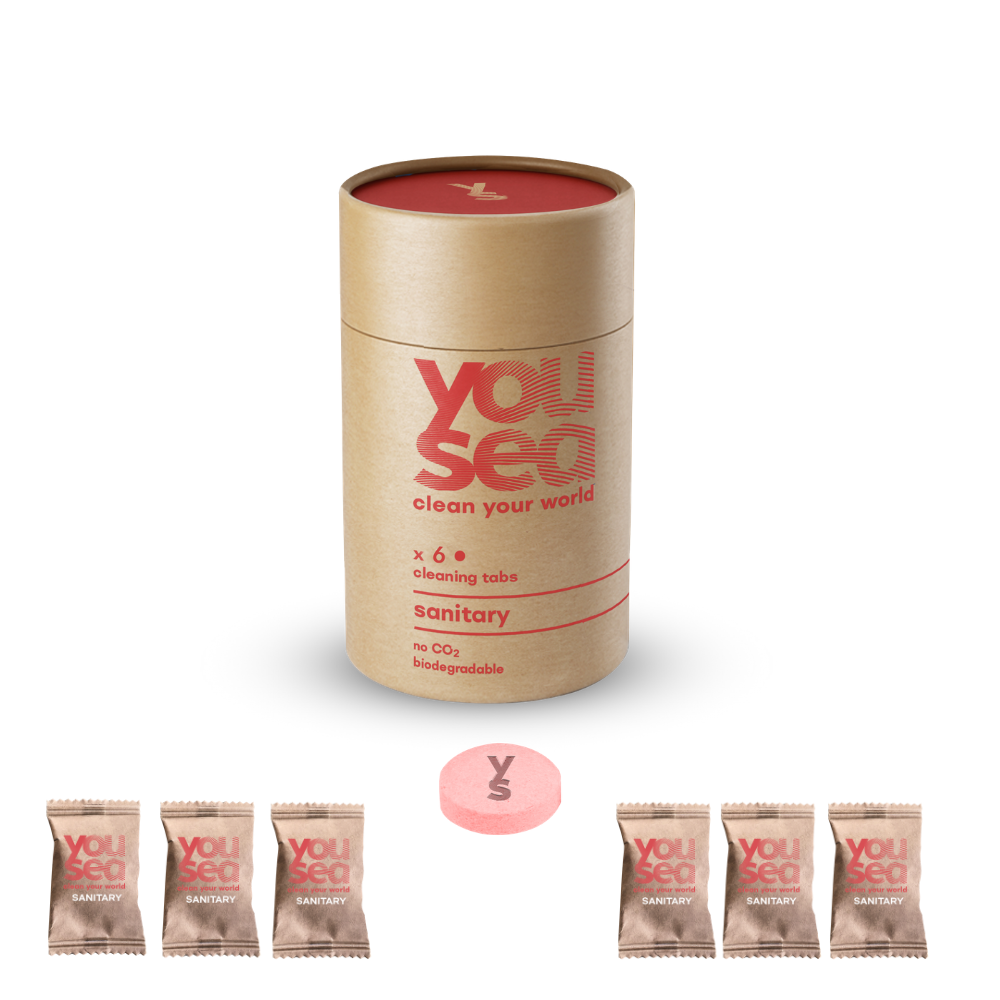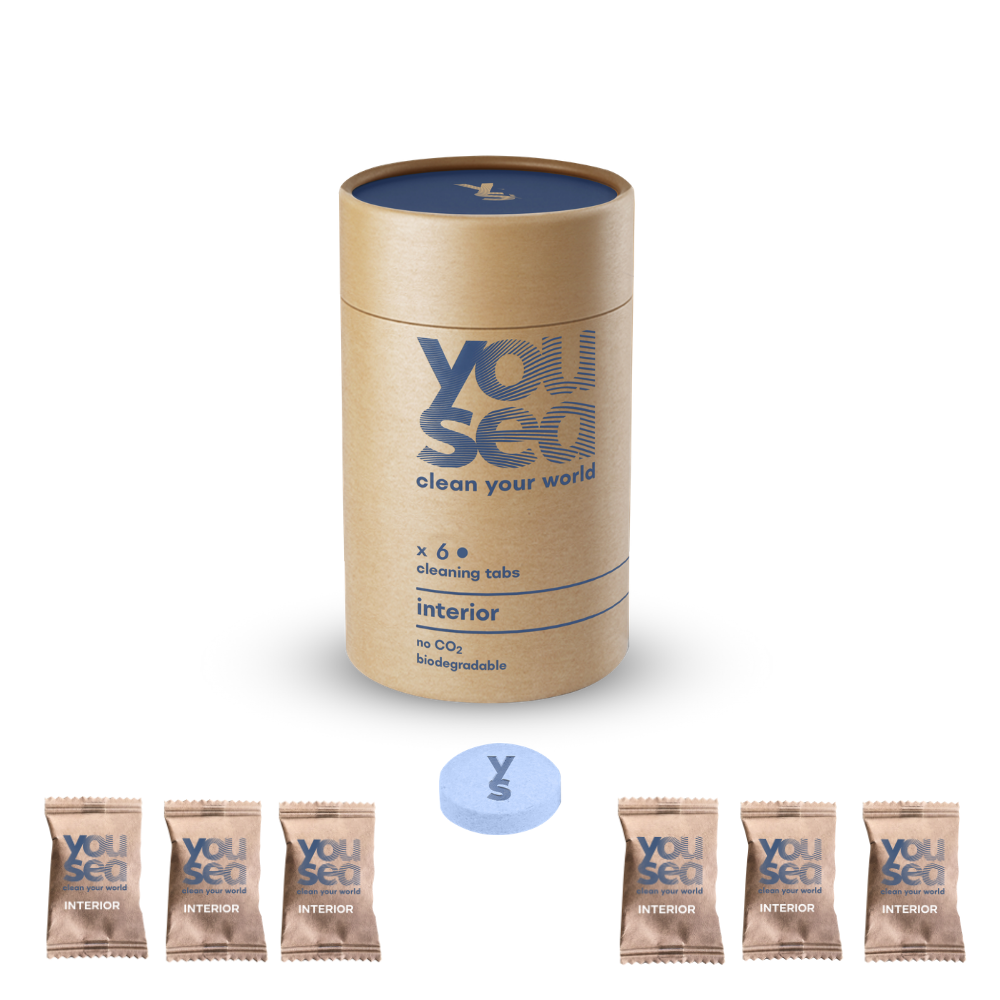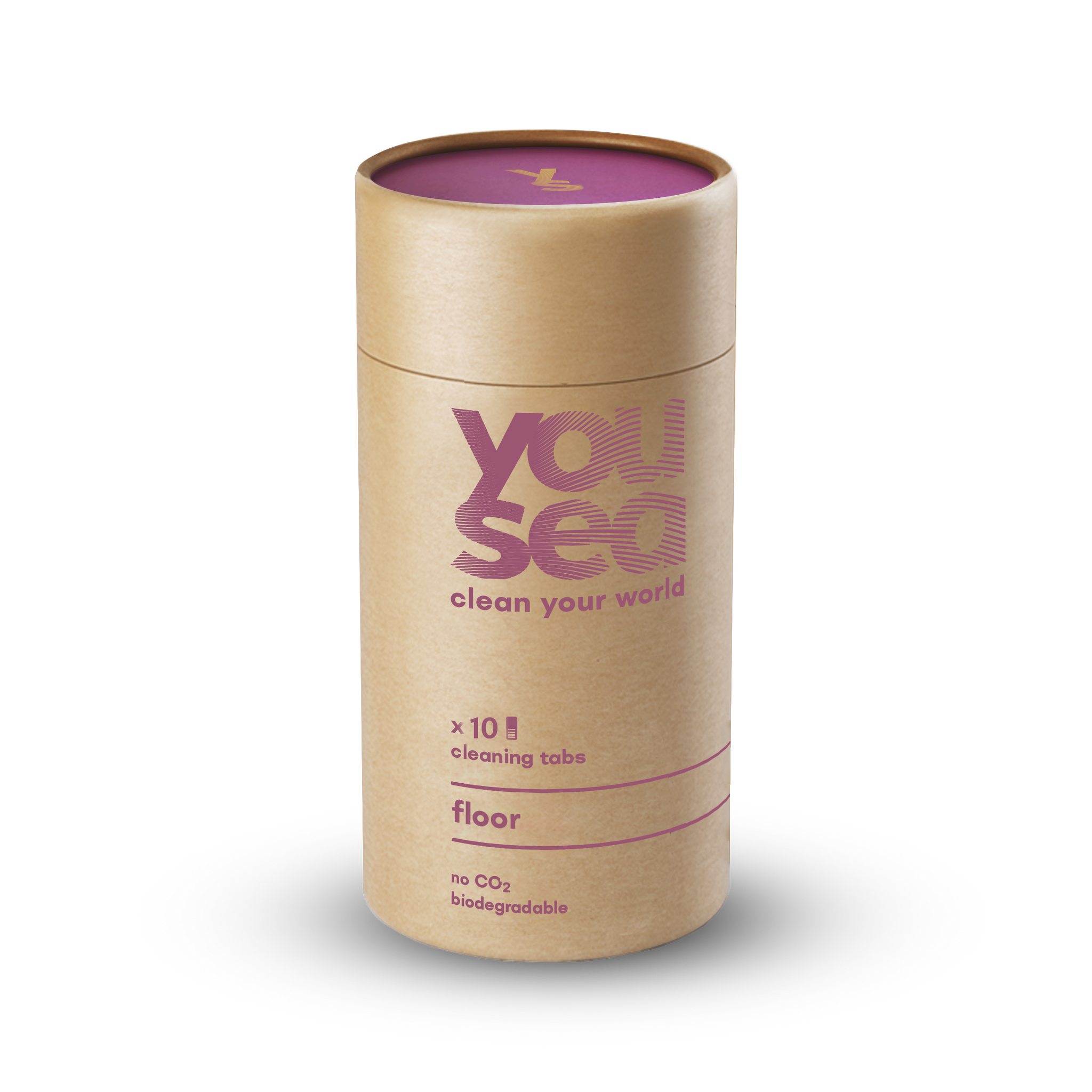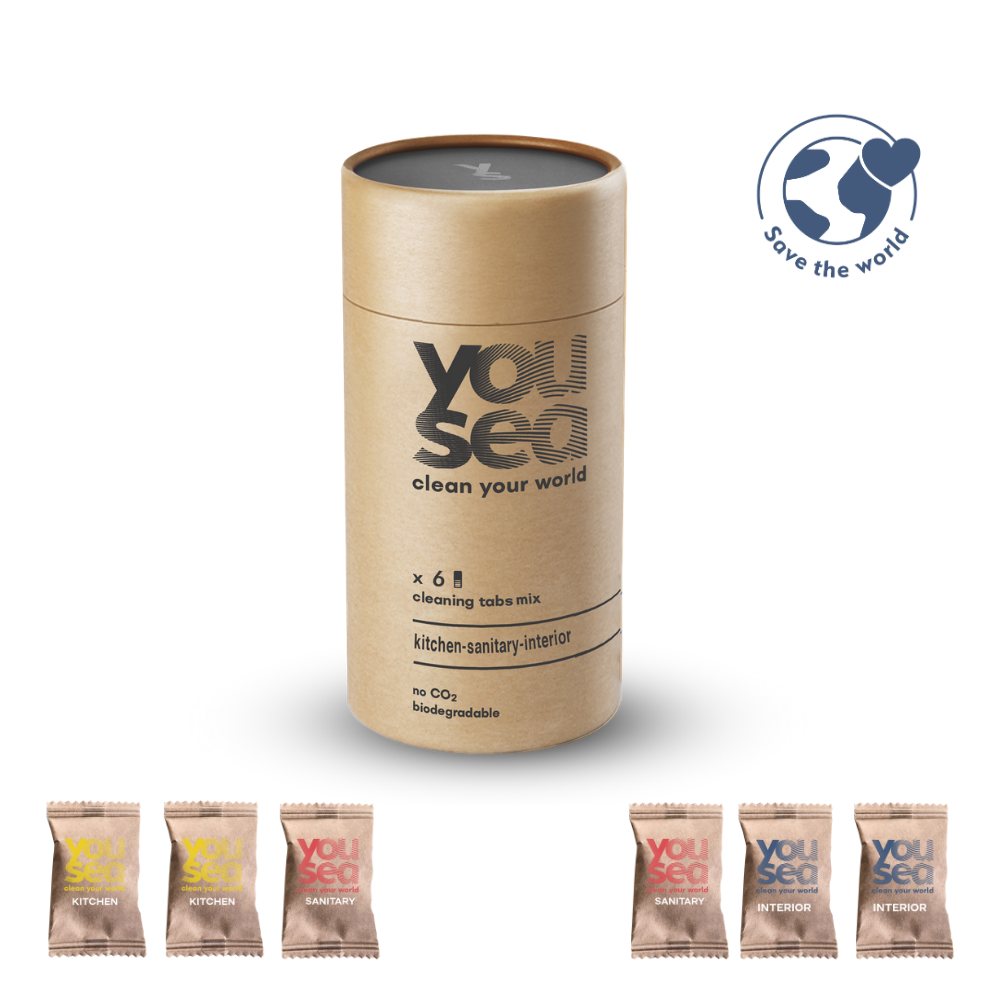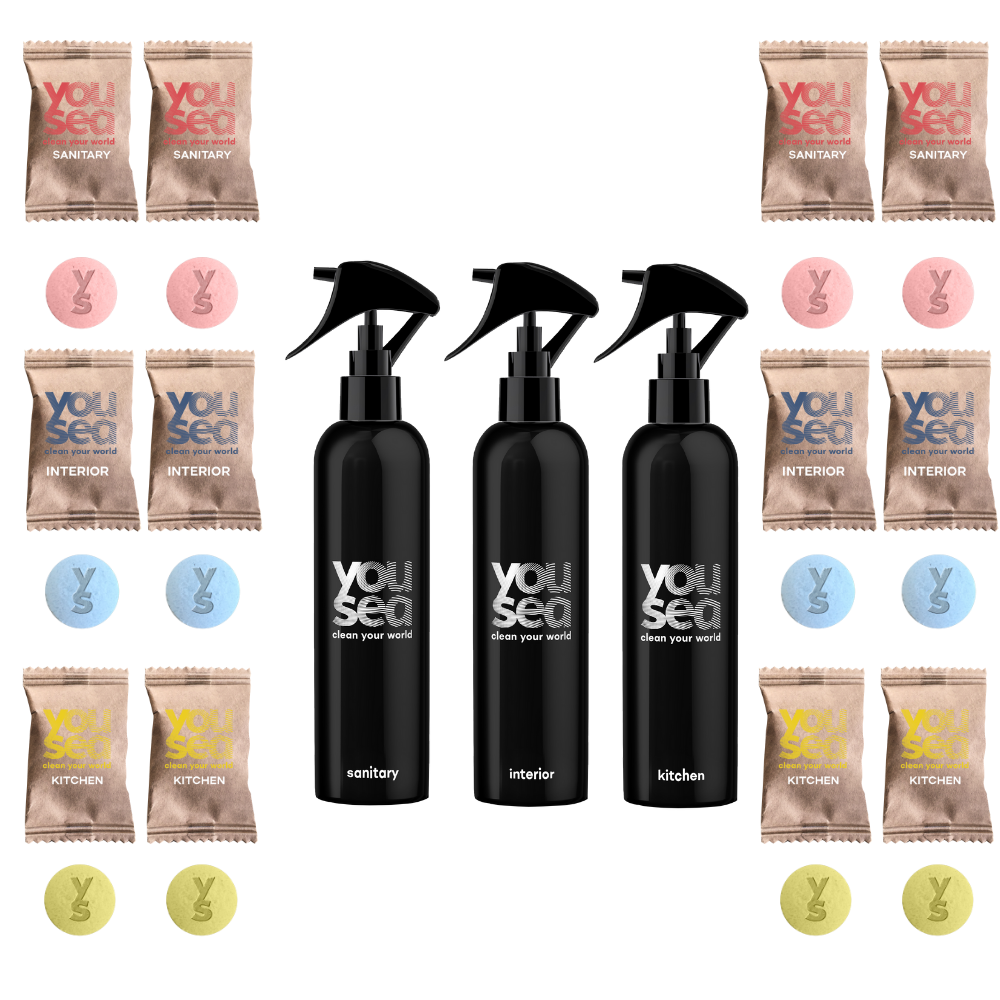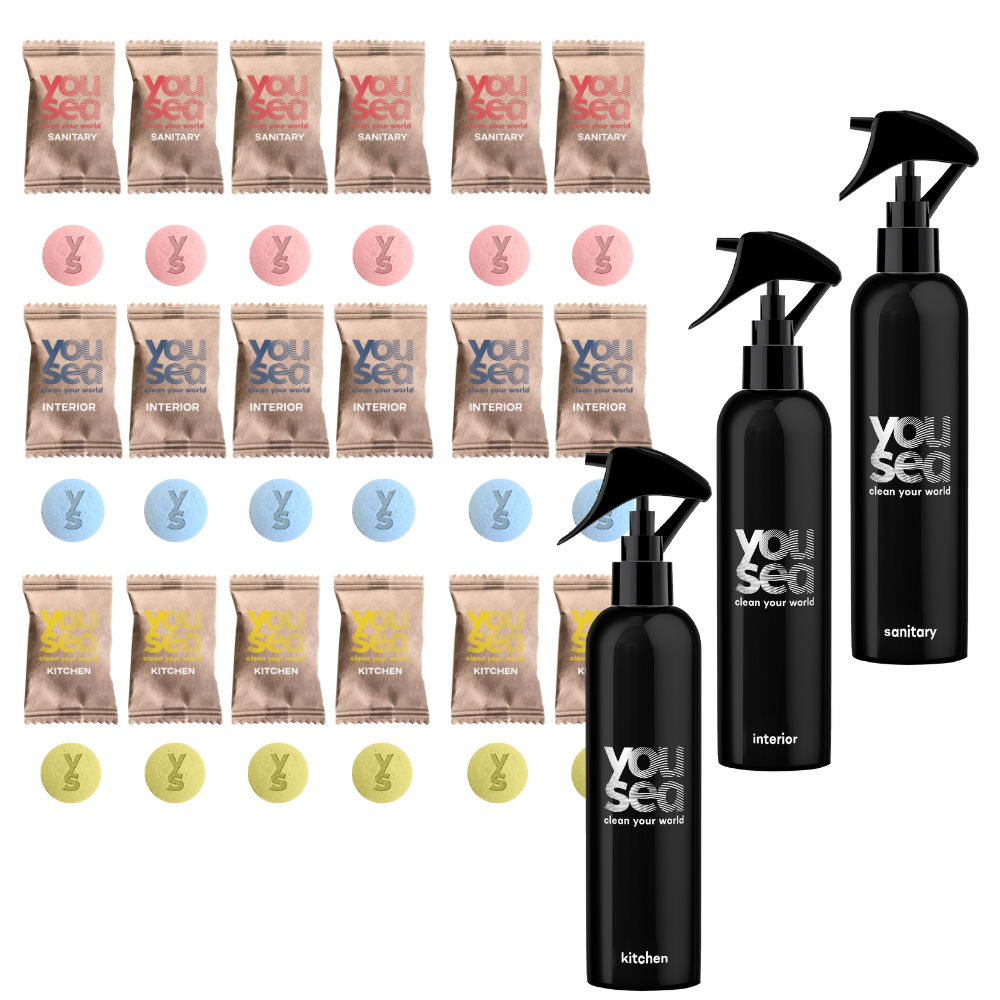Your shopping cart is empty.
Is Plastic Toxic?
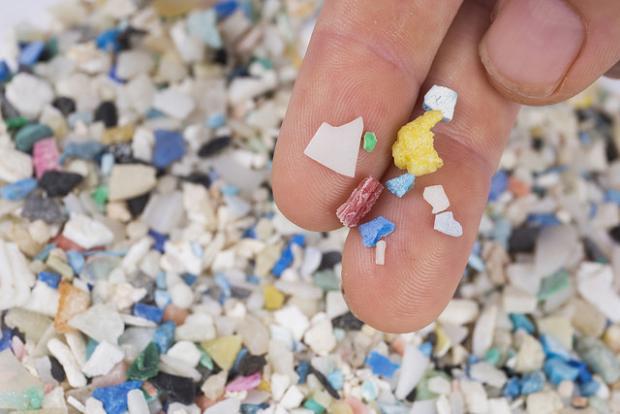
It seems we learn about a different poison in our supposedly safe home almost every day. Whether it's that water bottle you drink from or the plastic bowls where you store your food in some plastics, poisons have been leached into your home and into your body. But not all plastics are bad. In general, plastic is a very useful resource because it allows us to reuse products time and time again, saving raw materials. Let's take a look at a few different types of plastic and find out which ones can be used safely.
Polycarbonate.
This plastic is responsible for releasing bisphenol A, which has been in the news lately because it is found in a number of water bottles, certain types of Nalgene bottles, baby bottles, auto parts and other common food storage containers. The easiest way to identify this plastic is to look at the recycling label on the bottom of the container. If it says 7, other or PC, stay away from it.
Polyethylene terephthalate
This plastic is often used for water bottles and soda bottles. It is safe for single use, but multiple uses, such as refilling the same plastic water bottle over and over, are not healthy. The plastic begins to break down and leak out and bacteria can start to grow.
High density polyethylene
This is what milk containers and those plastic shopping bags are made of. It is recyclable and is generally referred to as HDPE
Polyvinyl chloride
This is an extremely toxic plastic and is commonly referred to as PVC. It is used in window frames, to wrap meat in your supermarket, in shower curtains in your bathroom and in many baby toys such as rubber ducks and mattress covers. To identify this plastic, look for the recycling label 3 or PVC.
Polystyrene
Plastic cutlery, coffee cups, trays and egg cartons are made from this plastic. It is commonly called styrofoam. It has been linked to cancer. It is labeled PS or 6 for recycling.
Polypropylene
Polypropylene or PPE is a widely used and safe plastic. You will find that bags, cups and plastic bottles, medicine bottles and other food items are often sold in this plastic.
Low density polyethylene
Another safe one, this plastic is what makes up your trash bags, ketchup squeeze bottles, and the plastic wrap you use to keep food in your fridge. It is commonly called 4 or LDPE for recycling purposes.
Generally, manufacturers are getting better at using safe plastics to make their products. However, it always pays to know what you are buying and possibly putting into your body. The plastics to watch out for are PVC, polycarbonate and polystyrene because they are the most toxic and when thrown away, they continue to leach out toxins into the soil. Keep your family safe and learn which plastics are non-toxic.

